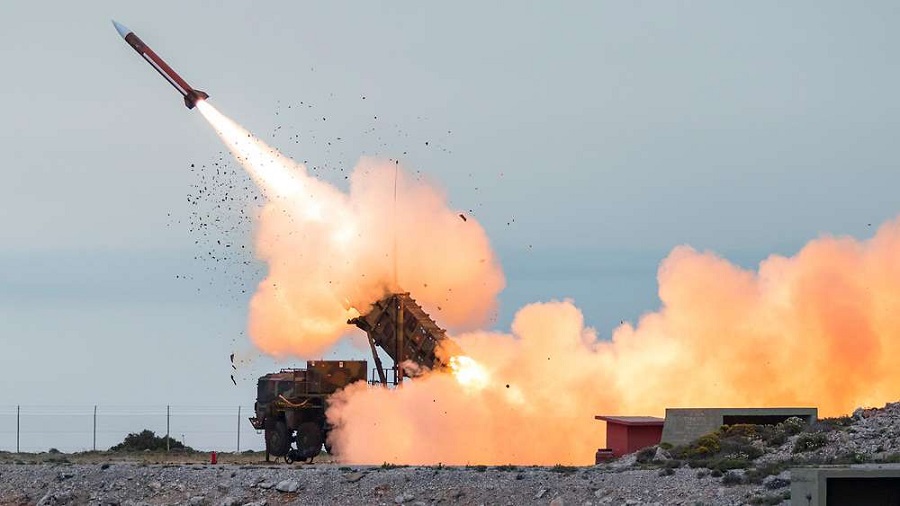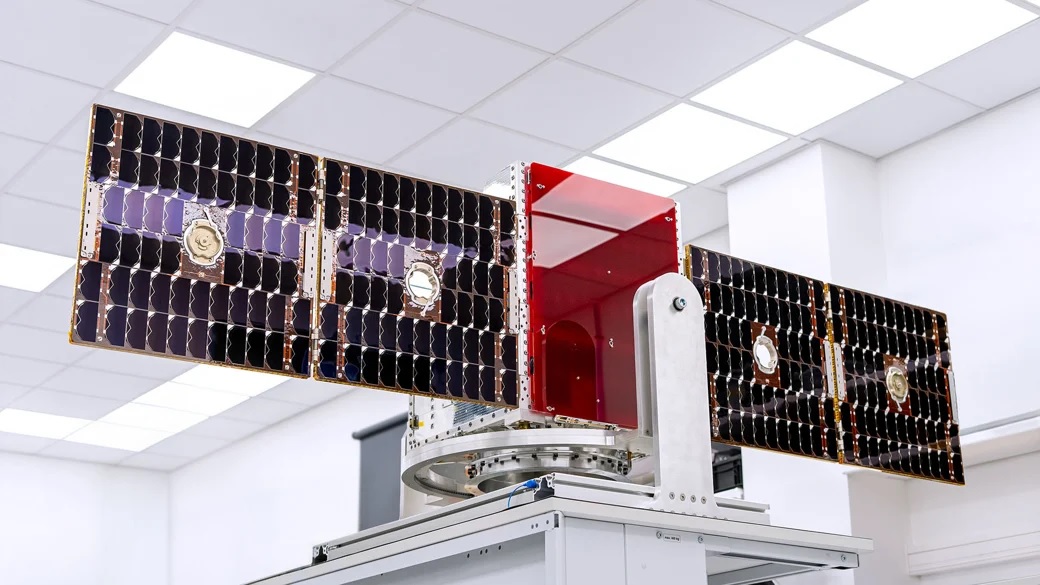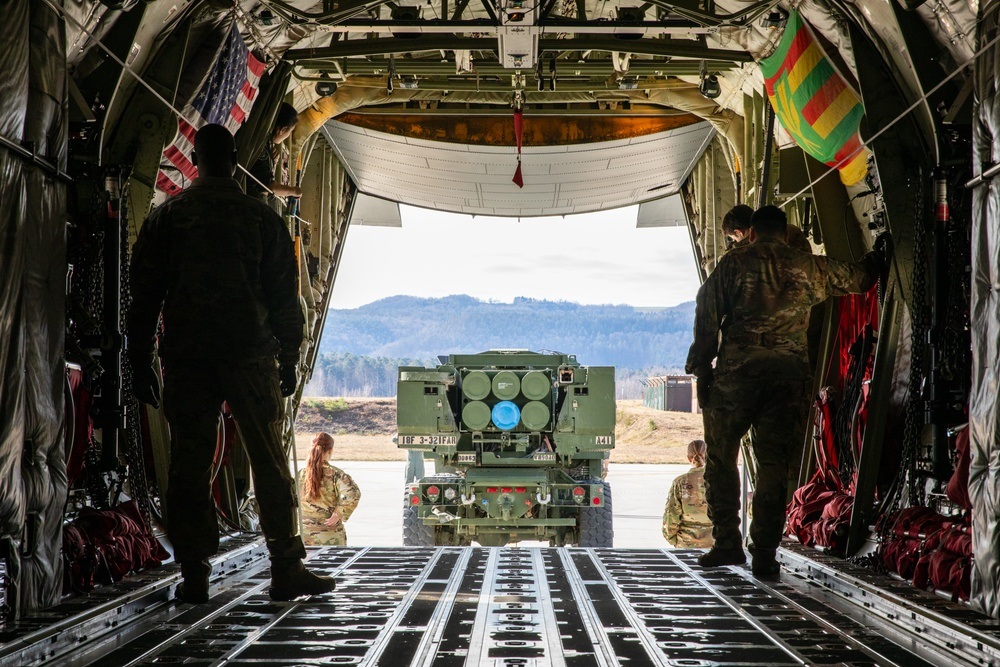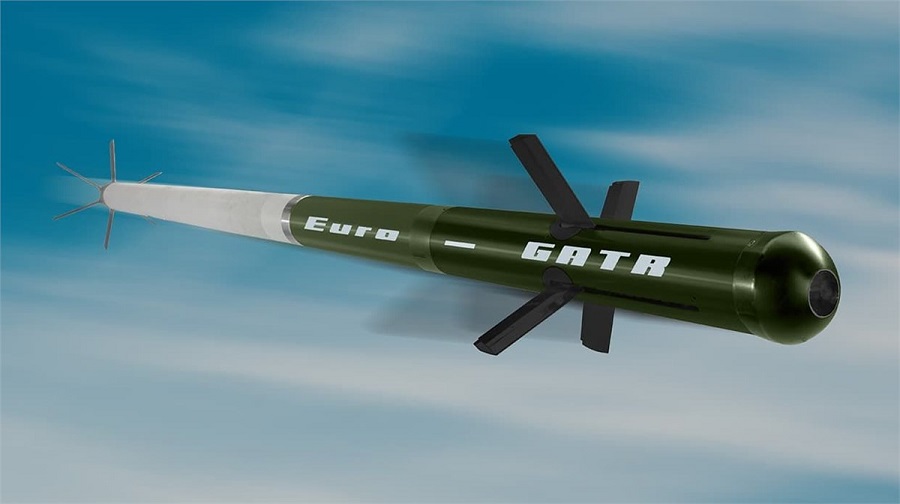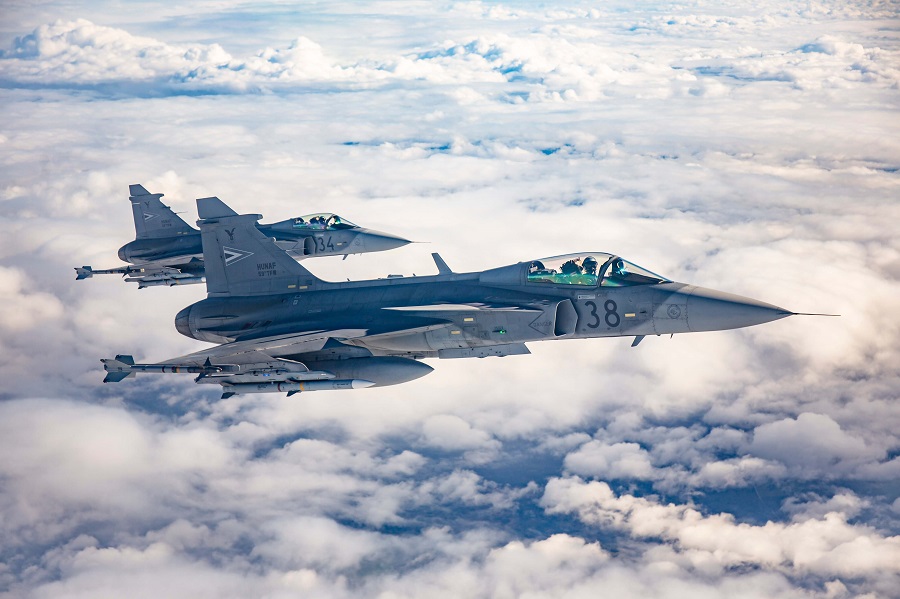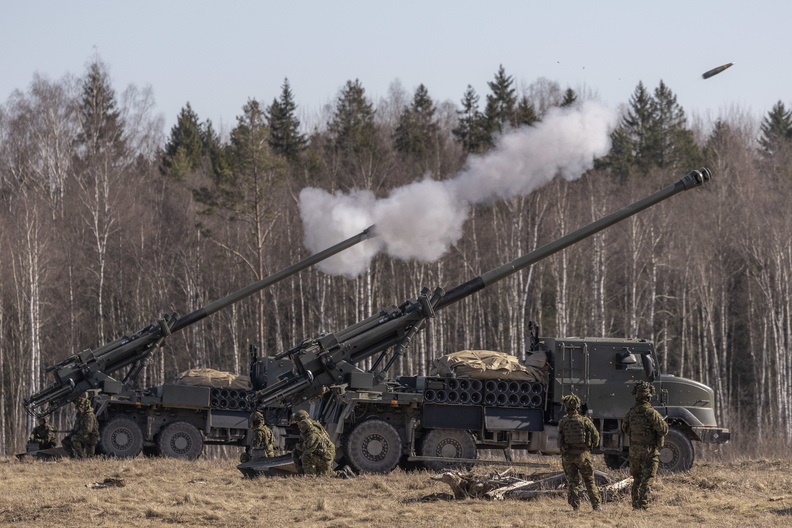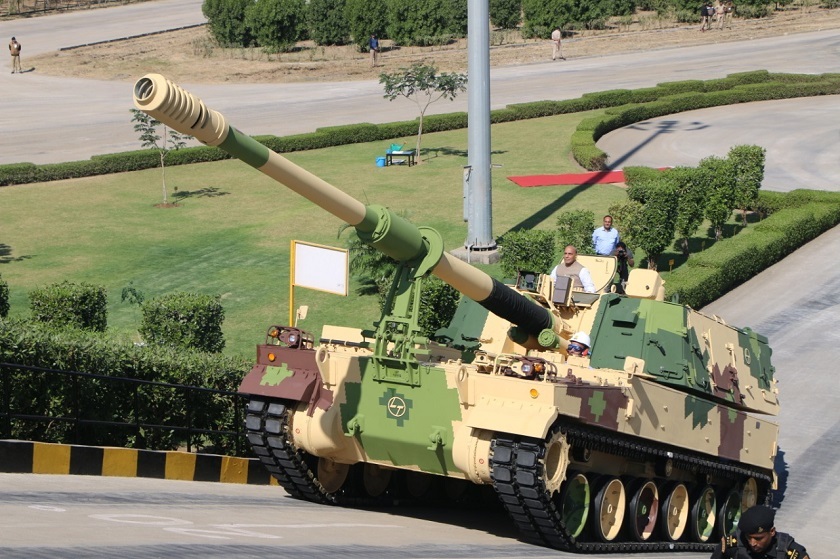Dr. Mordechai Kedar, an Israeli senior expert on Iranian issues, stated in an interview with Defence industry Europe, “Each time the lips of an Iranian political leader move, he lies.” Kedar emphasized that Europeans must be aware of this when they hear desperate pleas for help from Tehran, as he believes Iran is striving to acquire a nuclear bomb and ballistic missiles.
According to the Iran International website, operated from London by the opposition to the Iranian regime, while Europe announces its intention to maintain sanctions on Iran over its missile programs, Iranian Foreign Minister Hossein Amir-Abollahian claims that talks have commenced with three European powers.
The Iran International website points out that the misunderstandings described by the top Iranian diplomat revolve around the implementation of UN Resolution 2231, which endorsed the 2015 nuclear deal. Although UN sanctions imposed on the Iranian regime over its ballistic missile program are set to expire in October, the three European parties to the accord argue that Iran has violated the agreement, justifying the continuation of sanctions.
The European parties base their argument on evidence proving Iran’s involvement in supplying weapons for the Russian invasion of Ukraine, which Iran should have coordinated with the UN Security Council. They also rely on reports from the International Atomic Energy Agency (IAEA) indicating Iran’s stockpiling of highly-enriched uranium beyond the permitted levels defined in Resolution 2231.
Additionally, Western navies have intercepted numerous shipments of Iranian arms in the Persian Gulf waters, believed to be destined for the Houthis in Yemen. These shipments include missile and drone parts, constituting a violation of existing UN sanctions.






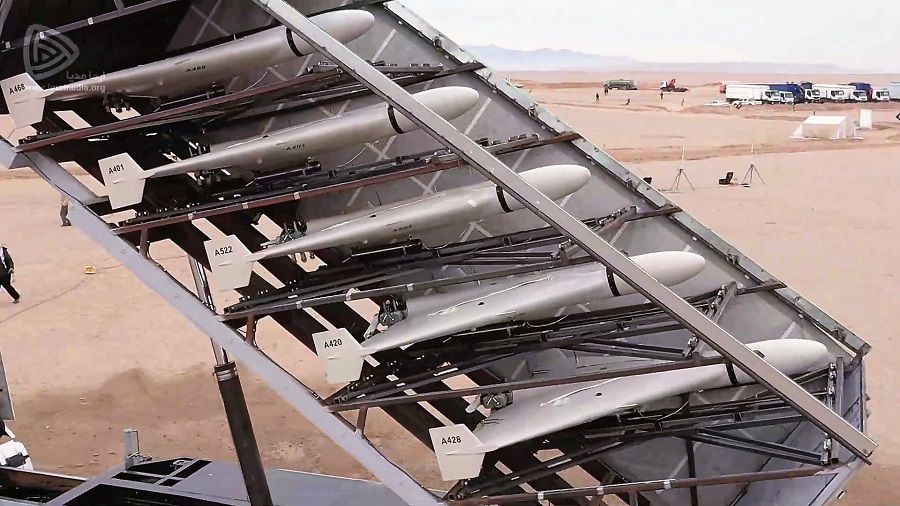
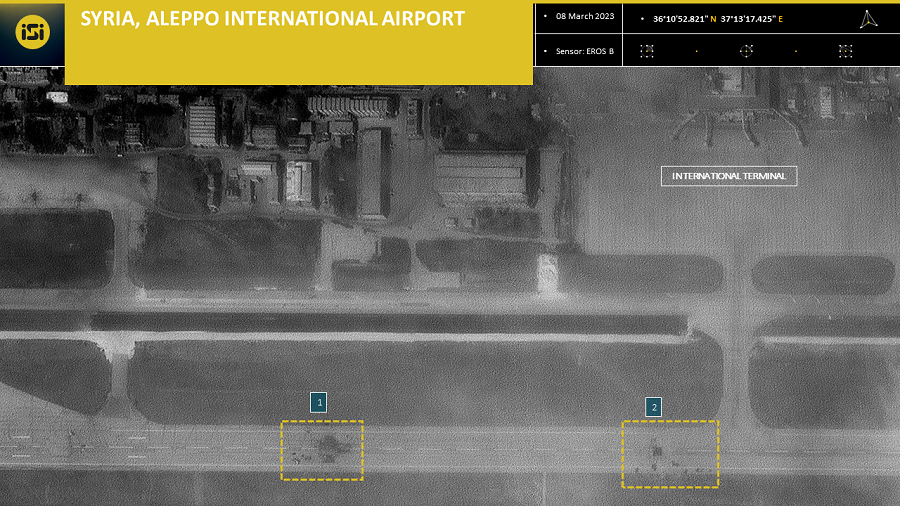
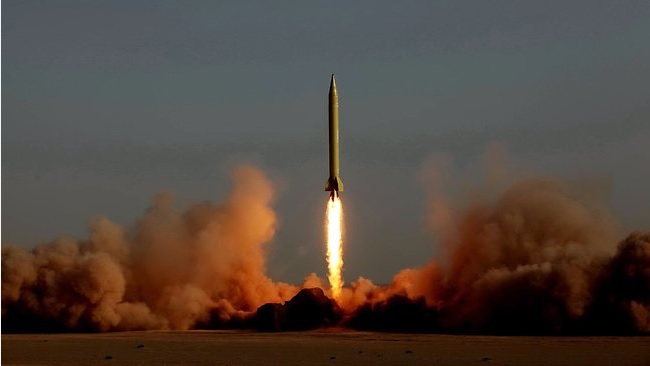


![Leidos completes successful flight test of Black Arrow Small Cruise Missile [VIDEO]](https://defence-industry.eu/wp-content/uploads/2025/04/Leidos-completes-successful-flight-test-of-Black-Arrow-Small-Cruise-Missile-VIDEO.jpg)






